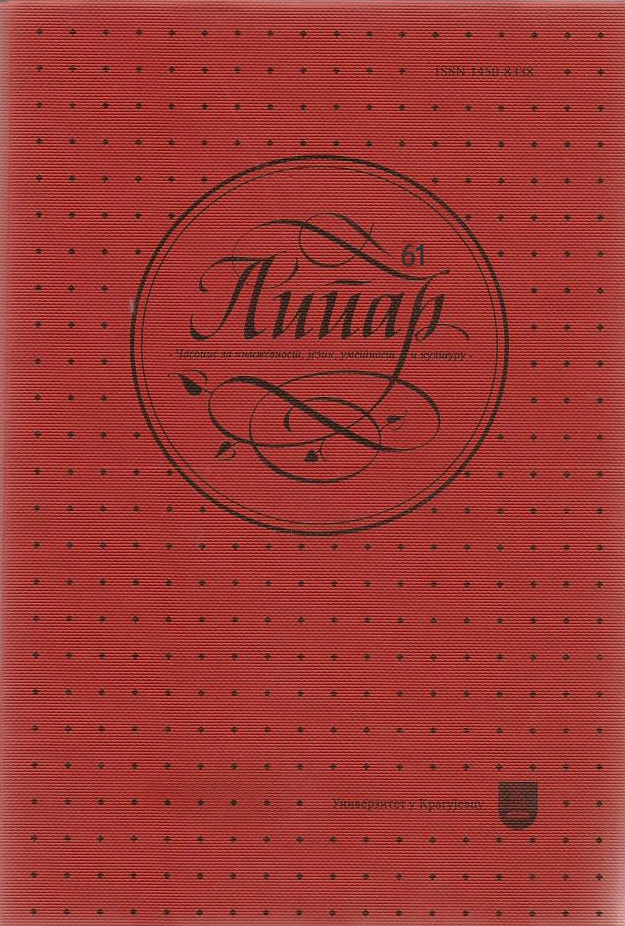NO HAPPILY EVER AFTER – FAMILY IN MARTIN
AMIS’S LONDON FIELDS AND SALMAN RUSHDIE’S
THE GROUND BENEATH HER FEET
NO HAPPILY EVER AFTER – FAMILY IN MARTIN
AMIS’S LONDON FIELDS AND SALMAN RUSHDIE’S
THE GROUND BENEATH HER FEET
Author(s): Ivana JovanovićSubject(s): Language and Literature Studies, Studies of Literature, Comparative Study of Literature, Other Language Literature, Philology
Published by: Универзитет у Крагујевцу
Keywords: M. Amis;S. Rushdie;family;downfall;society;abuse;isolation;separation
Summary/Abstract: Modern society is said to be one of innovations, new and rising ideas, fast occurring events and enjoyable lives. It is a society of multitudes occurring in all forms and sizes. We applaud ourselves for all the ground-breaking inventions that had brought about the welfare of humanity. Still, we seem to disregard the shortcomings that fast cars, fast food and fast lives bring about. One of those shortcomings is the disillusion of families and family lives. Families of today seem perfect on the outside but if one takes a closer look, one sees the corruption, degeneracy and deadening where love, support and outmost trust ought to be. Contemporary authors (in the light of the role and function literature has always had – and still has) try to draw attention to the pervading distortion of the society’s core cell that family is. This paper examines the works of Martin Amis and Salman Rushdie (London Fields and The Ground Beneath Her Feet) and offers insight into the state of “our” families and society. Their criticism and condemnation of what families have become today oblige us to question the values, principles and beliefs upon which we construct our lives. An in-depth analysis of the characters and the relationships they form leads to the conclusion that without an immediate, drastic change in our way of being, the society of today is doomed.
Journal: Липар - часопис за књижевност, језик, уметност и културу
- Issue Year: XVII/2016
- Issue No: 61
- Page Range: 167-181
- Page Count: 15
- Language: English

